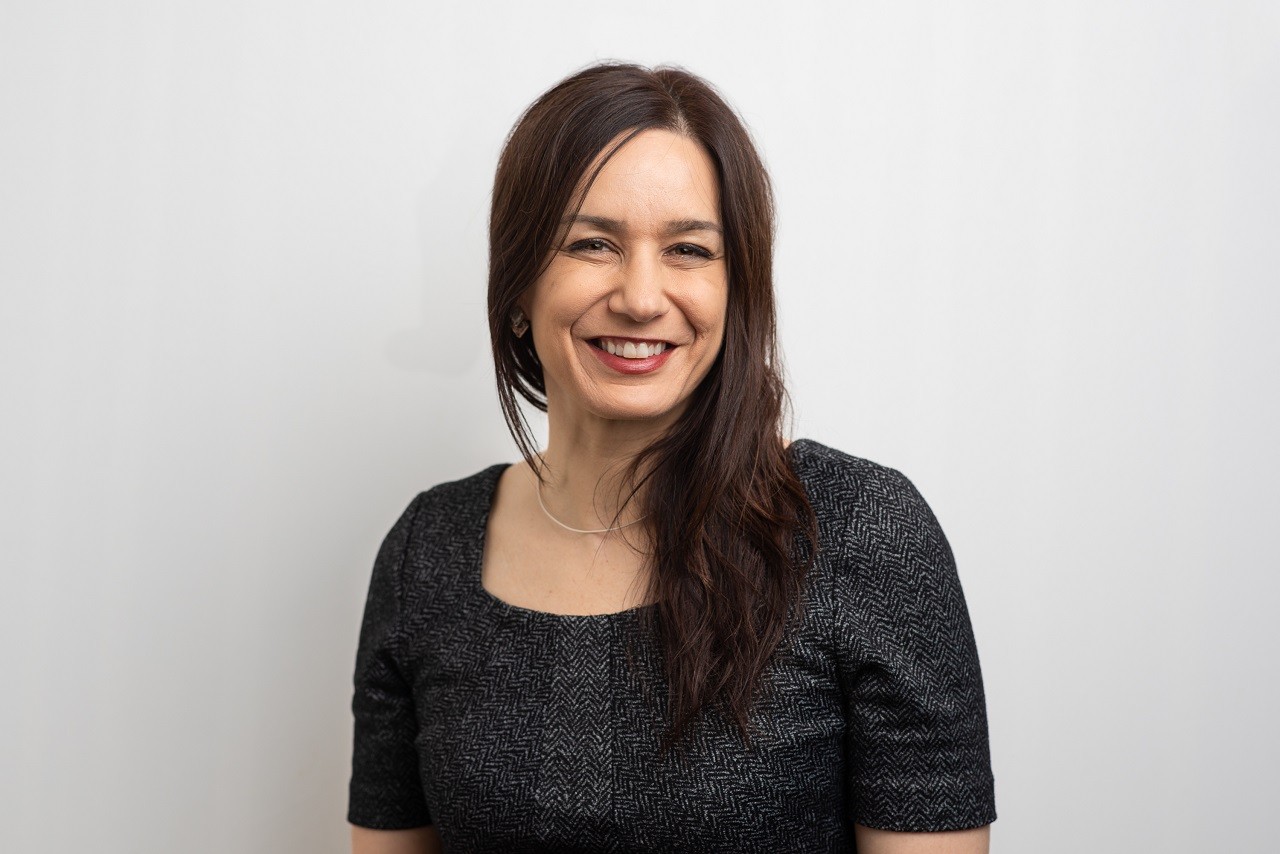Date & time
3 p.m. – 4 p.m.
Sarah Jordaan
This event is free
John Molson Building
1450 Guy
Room MB S1.235
Yes - See details
 Sarah Jordaan
Sarah Jordaan
Life cycle assessment (LCA) is a cradle-to-grave quantitative tool that examines environmental burdens of products and processes from materials extraction through waste disposal. LCA is increasingly used in policy to reveal unintended consequences associated with decisions about energy products and their supply chains yet is often criticized for using uncertain inputs.
While LCAs of electricity generation are often perceived to be well understood, this presentation will illuminate gaps that overlook the equivalent of a billion tonnes of carbon dioxide emissions a year. Novel methods that examine a variety of spatial scales can support the development of important mitigation opportunities, from sites to the world that is represented in current datasets.
Leveraging uncertainty analyses and advanced spatiotemporal information, research that improves accuracy and our understanding of uncertainty in LCA will provide insights into both mitigation solutions and evolving trends in the field.
Sarah Jordaan is an associate professor of Industrial Ecology / Life Cycle Assessment at the Department of Civil Engineering and Trottier Institute for Sustainability in Engineering and Design at McGill University. Her publications develop solutions for a more sustainable energy future, appearing in journals such as Nature Climate Change, Environmental Science & Technology, and Renewable and Sustainable Energy Reviews.
She leads the Energy Technology And Policy Assessment (ETAPA) group, where life cycle assessment, techno economic analysis, and technology innovation are developed as decision support tools. She won the 2022 Educational Leadership Award from the American Center for Life Cycle Assessment, where she has been a member since 2008.
Prior to McGill, she held positions at Johns Hopkins University, Harvard University, the Electric Power Research Institute, Shell, the University of Calgary, and the Laboratory on International Law and Regulation at the UC, San Diego. She holds a doctorate in Environmental Design from the University of Calgary and a Bachelor of Science in Physics with a Computer Science from Memorial University.
© Concordia University